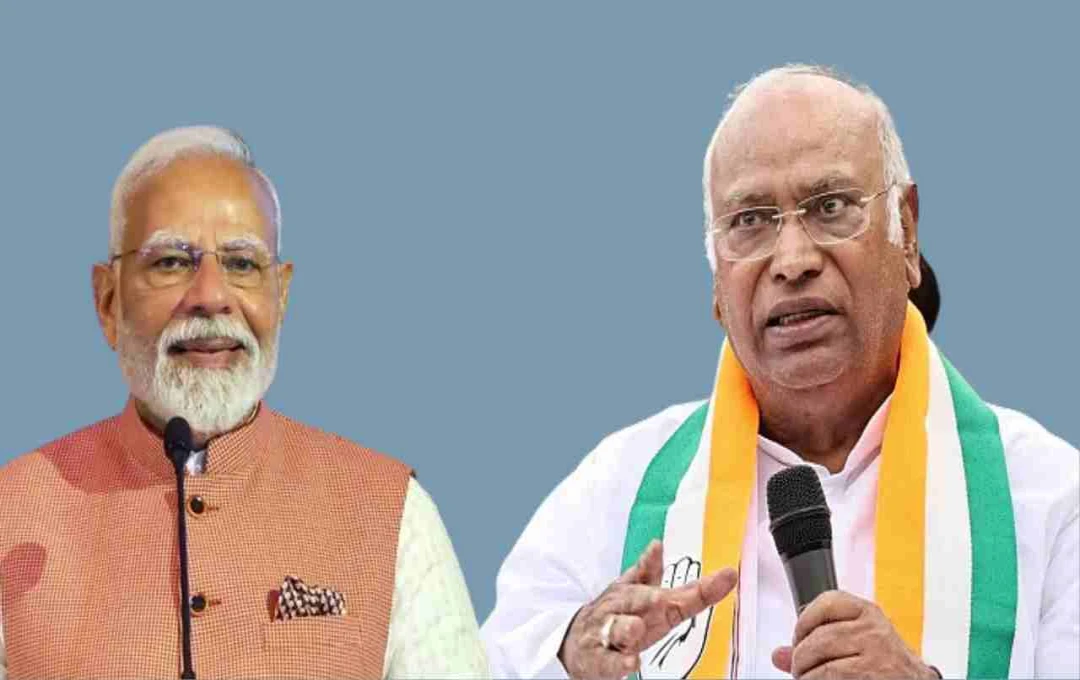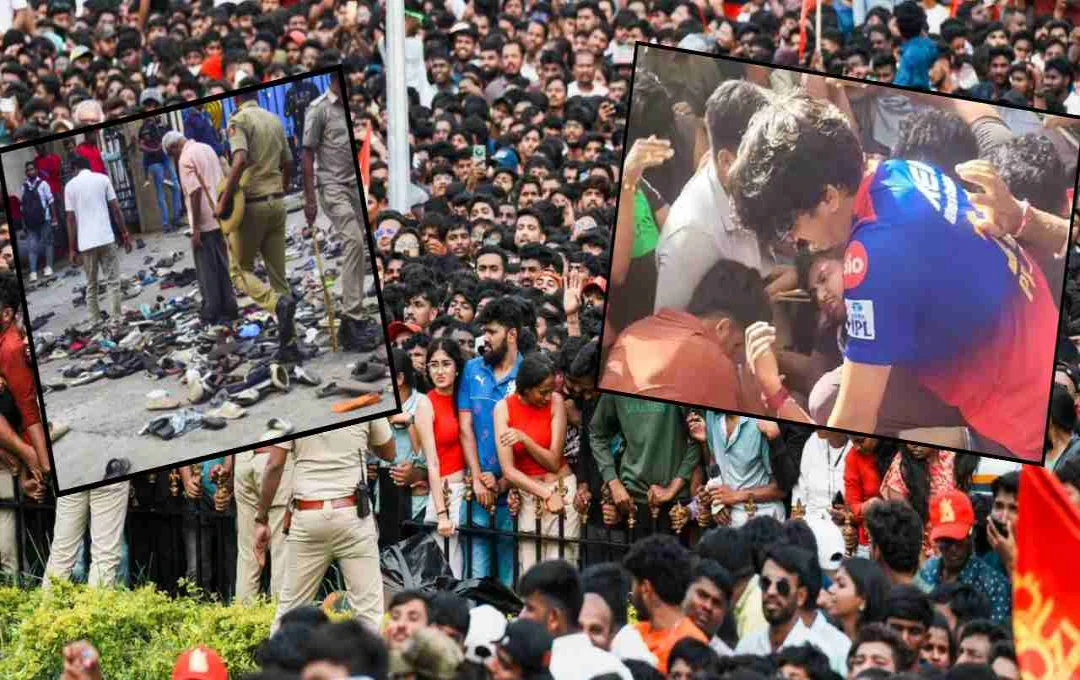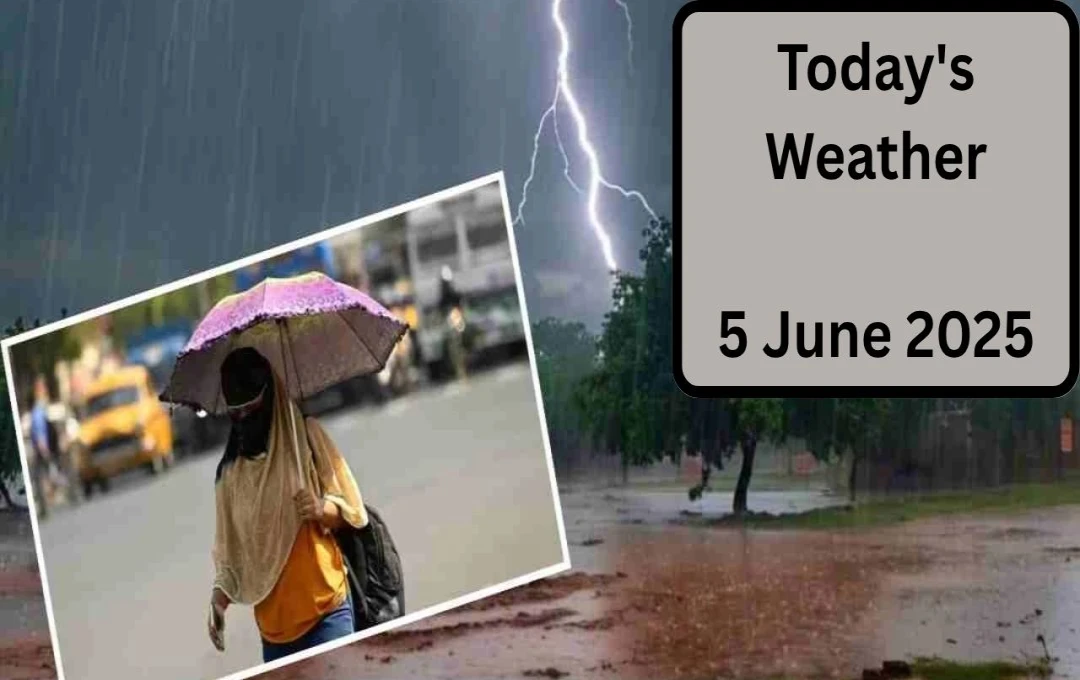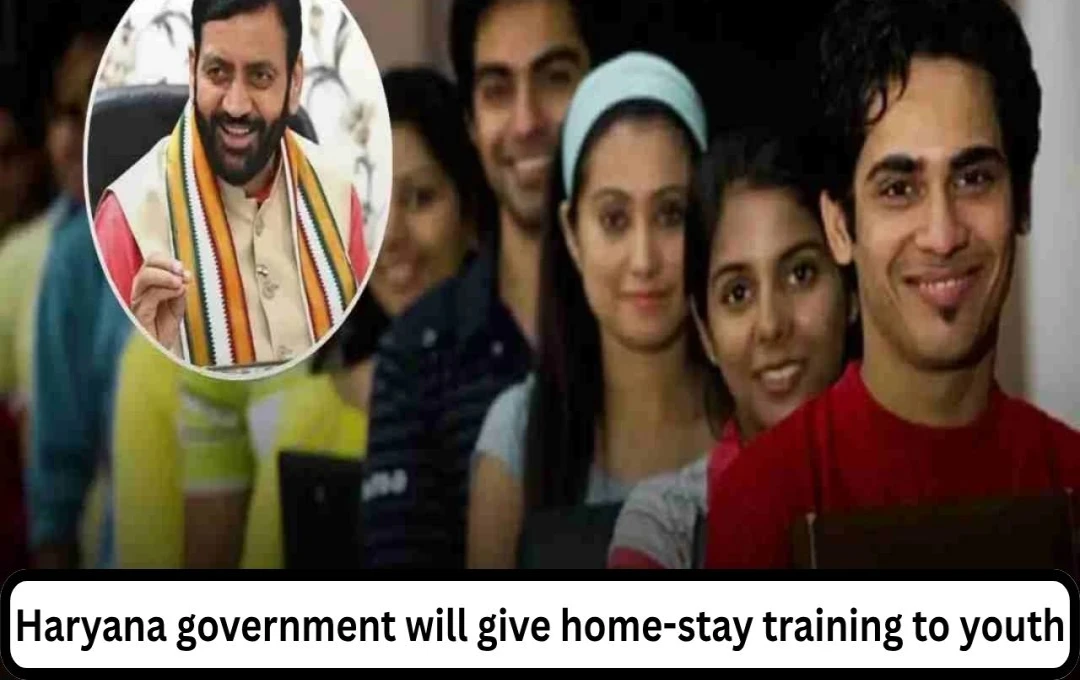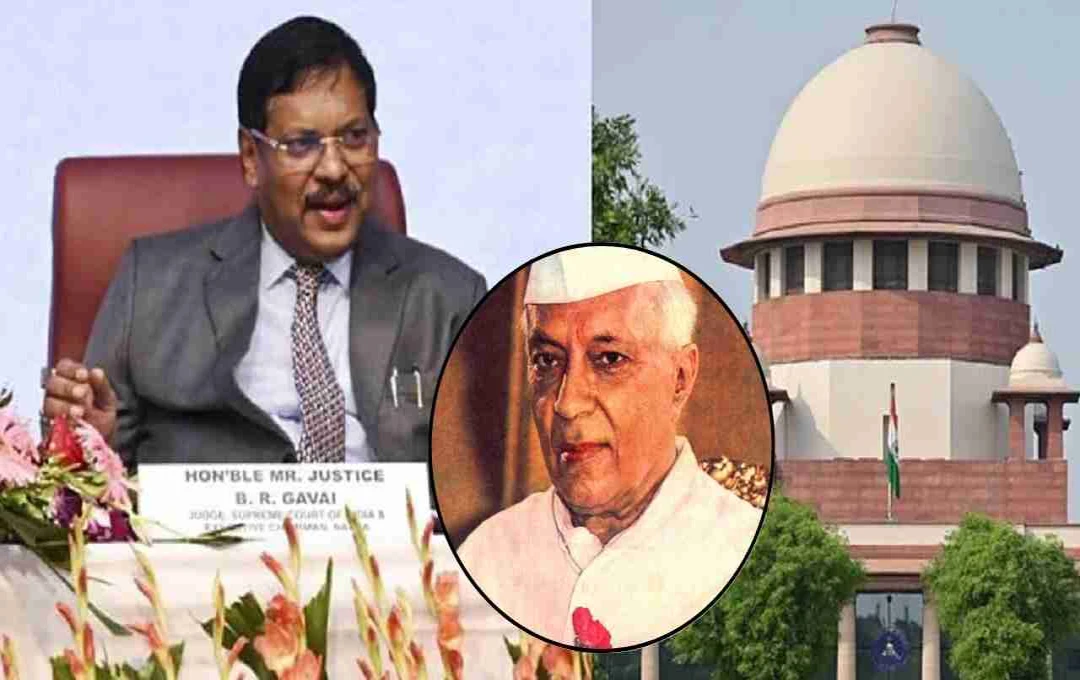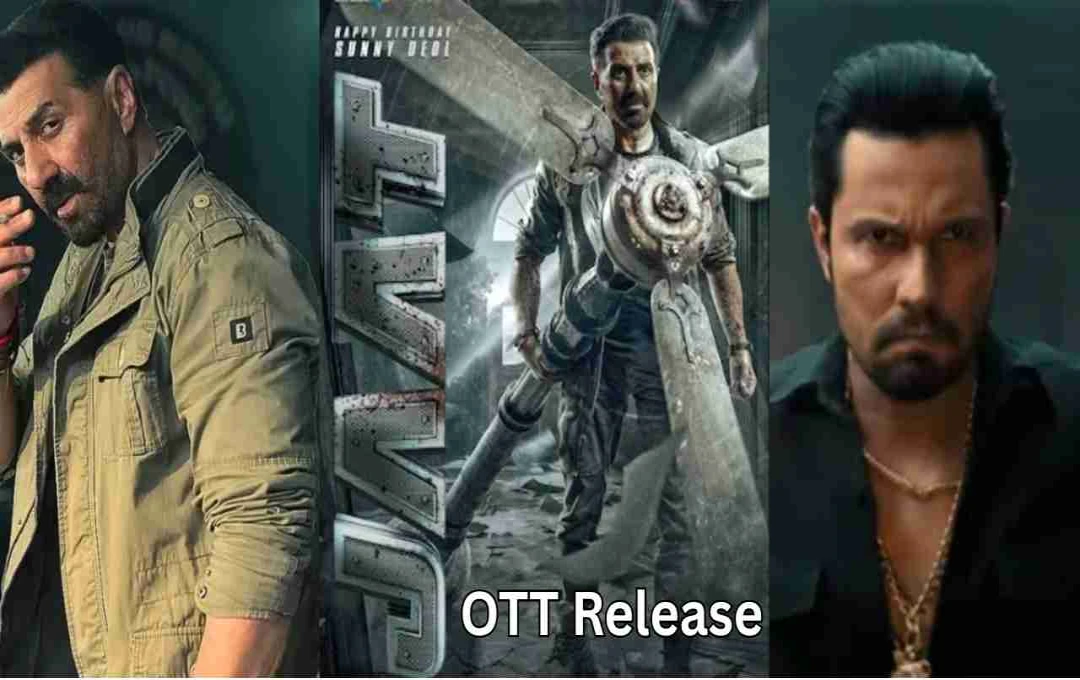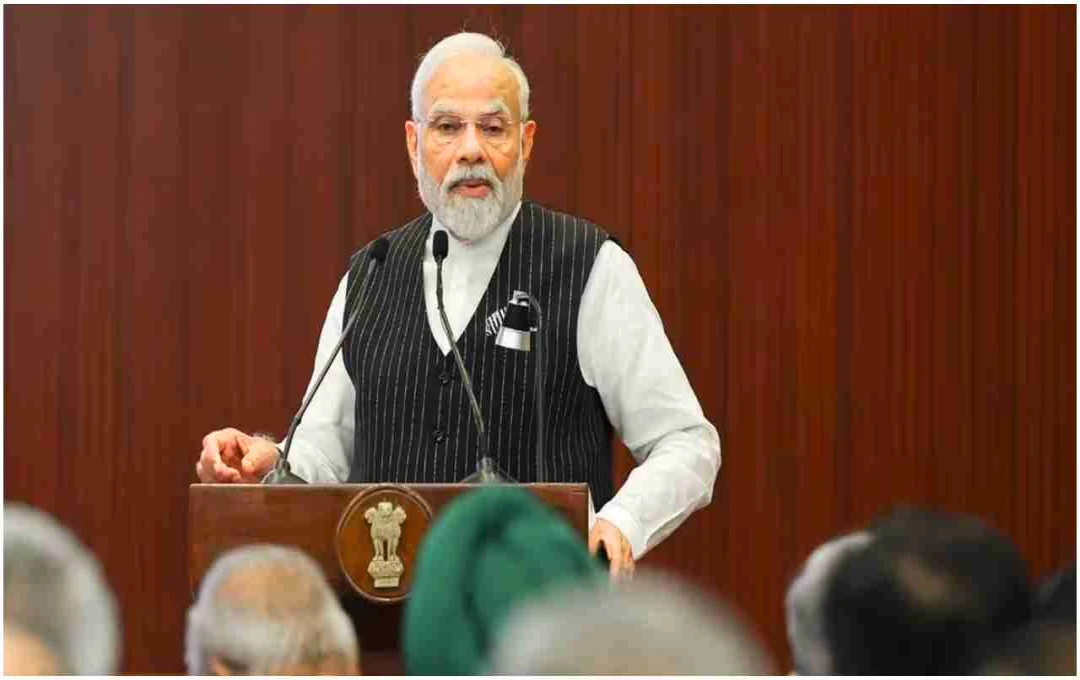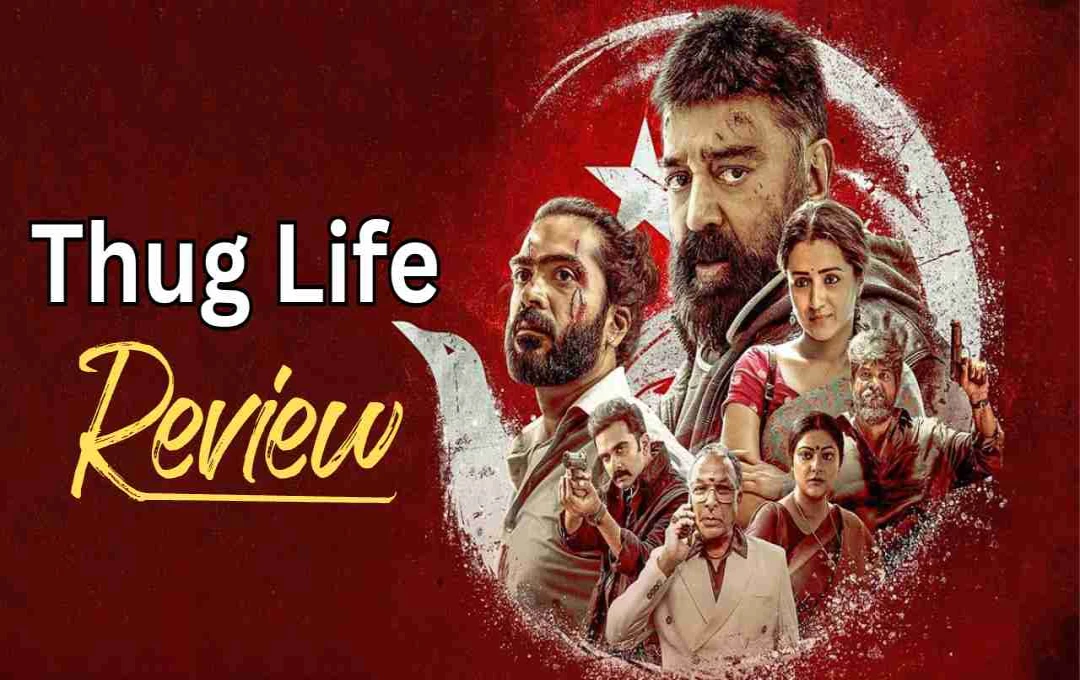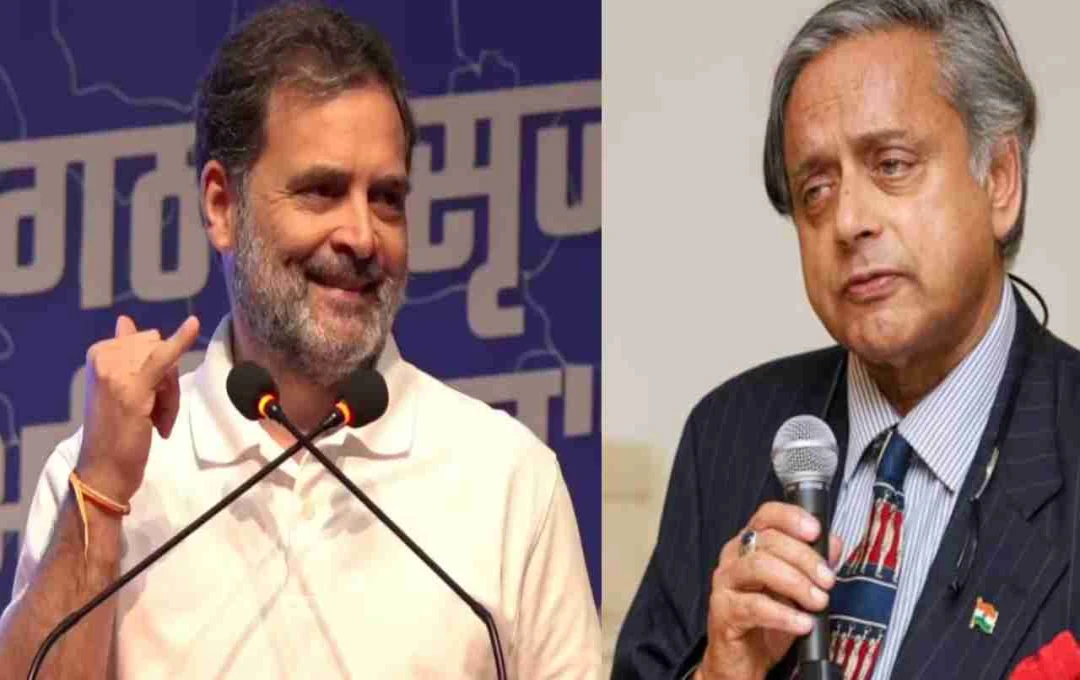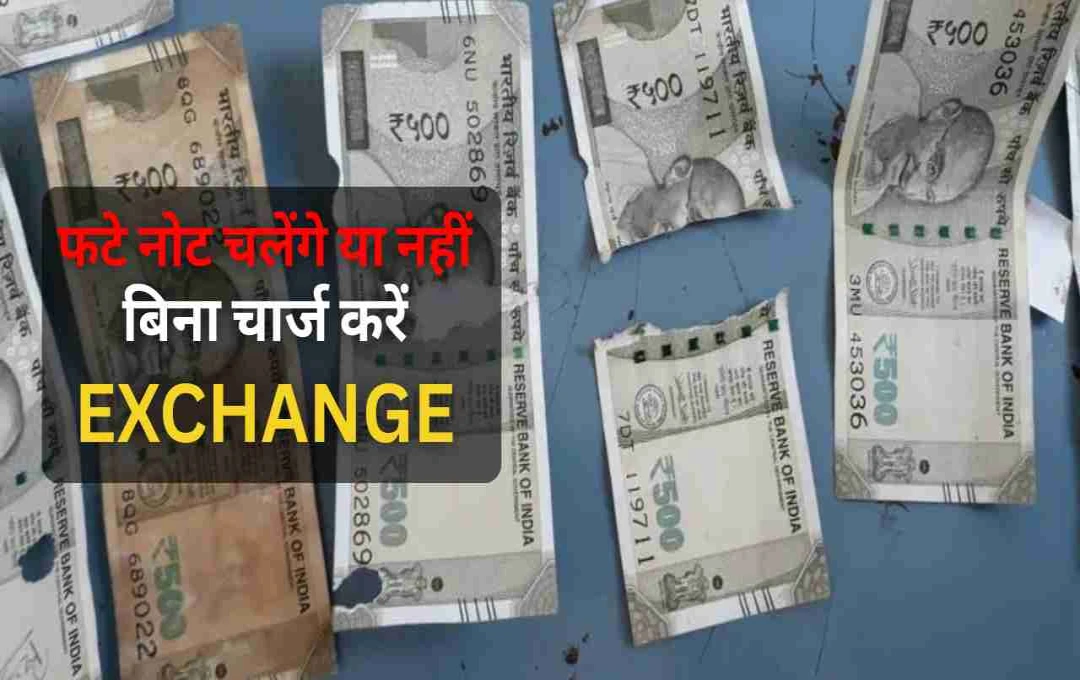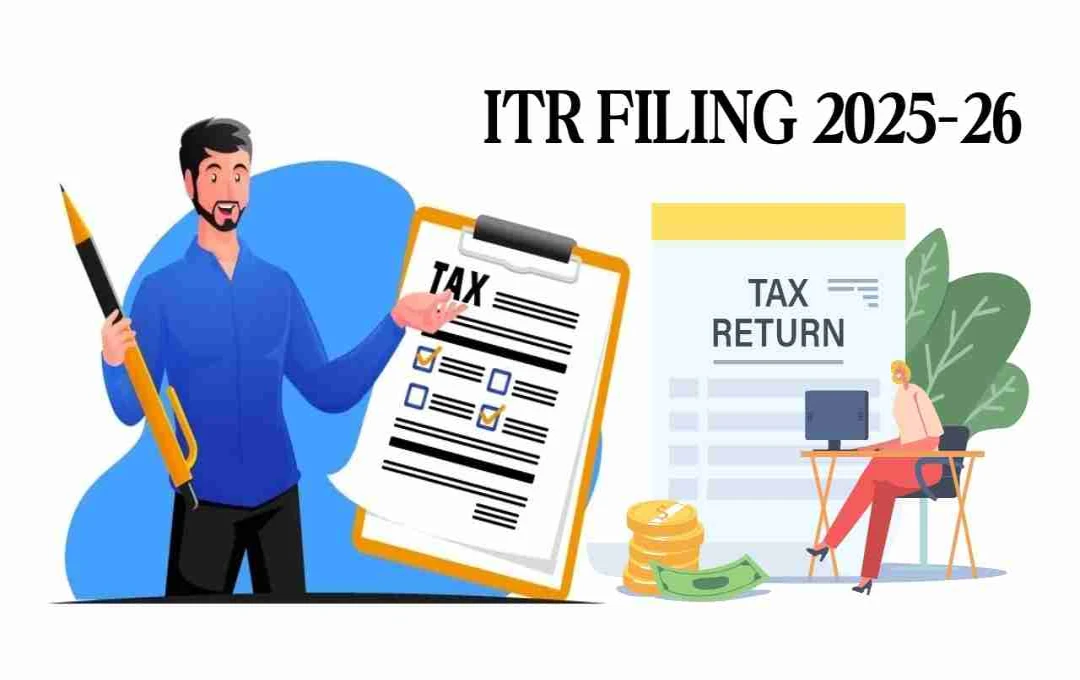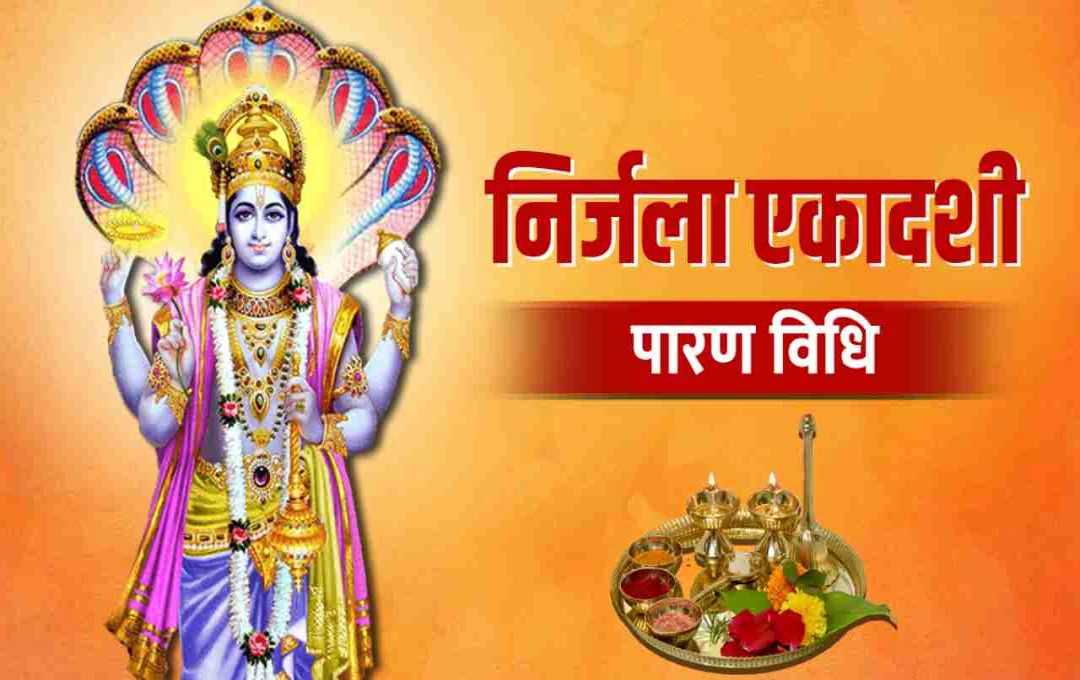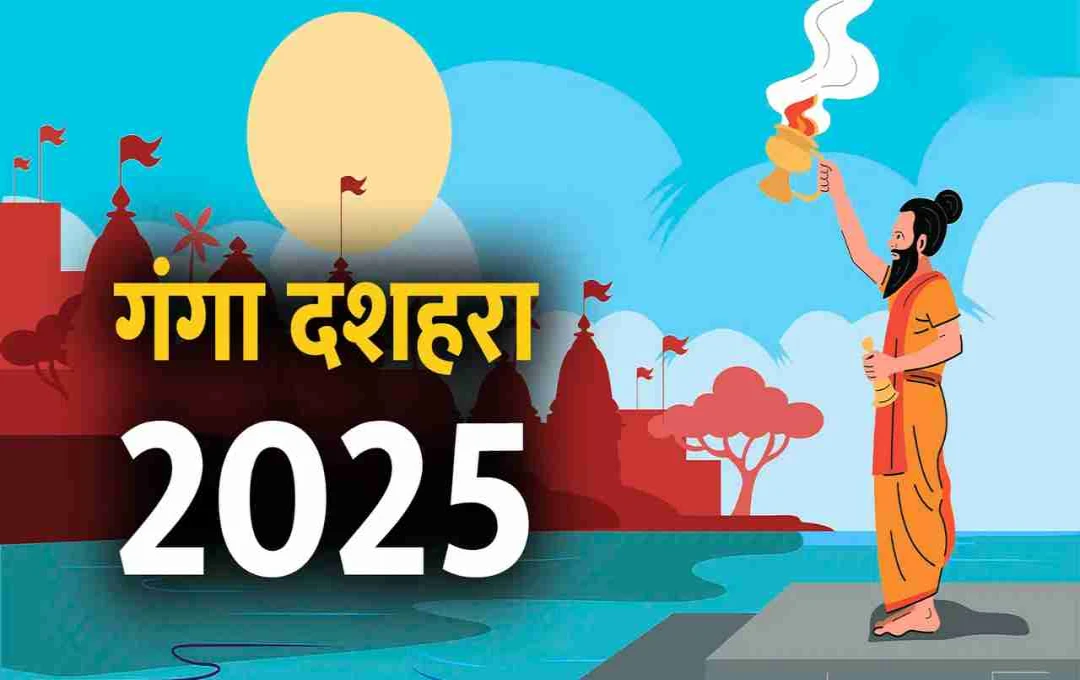Congress President Mallikarjun Kharge has written another letter to Prime Minister Narendra Modi regarding a caste census, urging concrete steps towards social justice in the country with three specific suggestions.
New Delhi: Congress President Mallikarjun Kharge has written a significant letter to Prime Minister Narendra Modi on the caste census, outlining three key points for reconsideration. The letter reminds Modi that Kharge previously wrote on April 16, 2023, demanding a caste census, but received no response.
Kharge stated, "It is regrettable that you did not respond to that letter. Instead, your party leaders and you yourself attacked the Congress party and its leadership for raising this legitimate and democratic demand." He further wrote that now, as the Prime Minister himself acknowledges the demand's necessity for social justice and empowerment, the government is expected to seriously consider it.
Previous Letter Unanswered
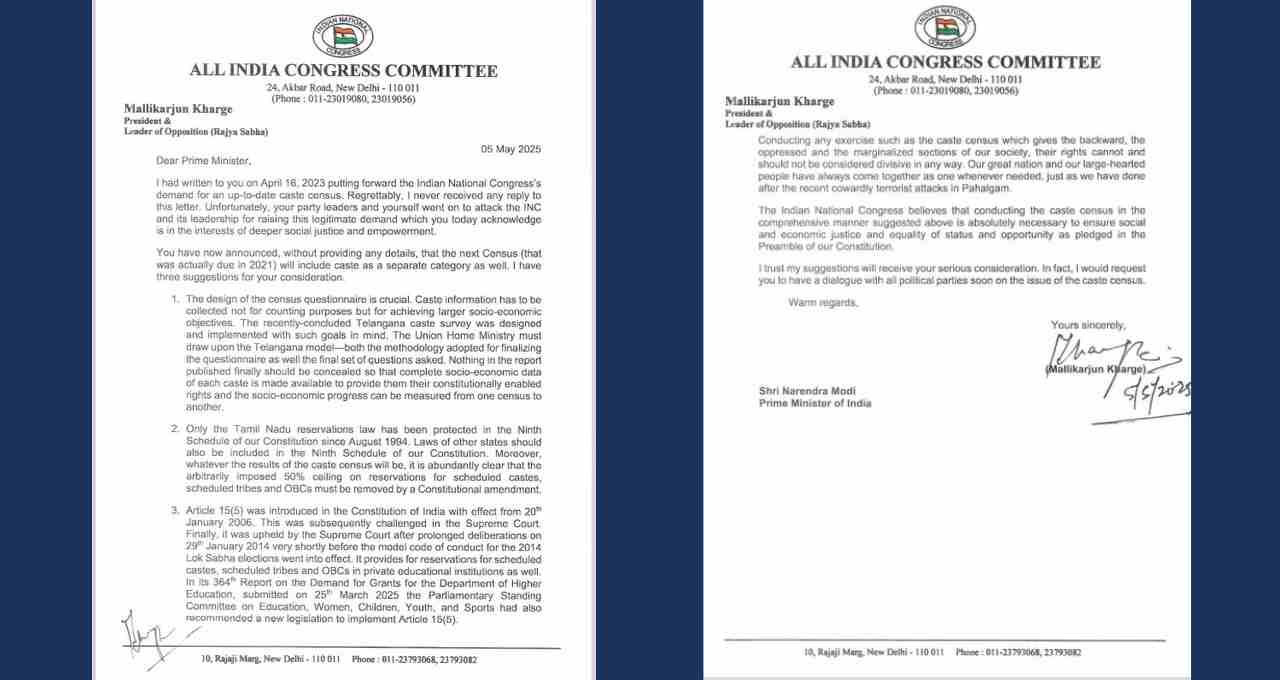
Kharge began his letter by reminding the Prime Minister of his previous correspondence on April 16, 2023, outlining the Congress party's demand for a caste census. He wrote, "That letter remains unanswered to this day, while BJP leaders and the Prime Minister himself have continuously made statements against the Congress on this issue."
Kharge's letter notes that the Prime Minister now acknowledges the caste census's importance for social justice and empowerment, but hasn't shared any concrete policy or procedure. Therefore, he offered three key suggestions to make the process effective and transparent.
Kharge's Three Suggestions
1. Questionnaire Structure: Scientific and Socially Oriented
Kharge stated that merely counting castes won't achieve social justice goals. He suggested designing the census questionnaire to comprehensively capture the socio-economic conditions of each caste. He cited the Telangana model as an ideal, where a recent caste survey included economic and social aspects.
2. Constitutional Amendment to Remove the 50% Reservation Limit
Kharge's second suggestion advocated for reviewing the reservation system based on the caste census results. This requires a constitutional amendment to remove the current 50% maximum reservation limit. He noted that Tamil Nadu's reservation law is included in the Ninth Schedule of the Constitution; similarly, other states' reservation acts should be added to keep them outside the purview of judicial scrutiny.
3. New Legislation to Strengthen Article 15(5)
Kharge's third suggestion referred to Article 15(5), which provides for reservations in private educational institutions. He noted the Supreme Court's 2014 decision on this but stressed the need for a robust legal framework for its implementation. He cited the March 25, 2025, report of the Parliamentary Standing Committee recommending a new law to enforce this article.
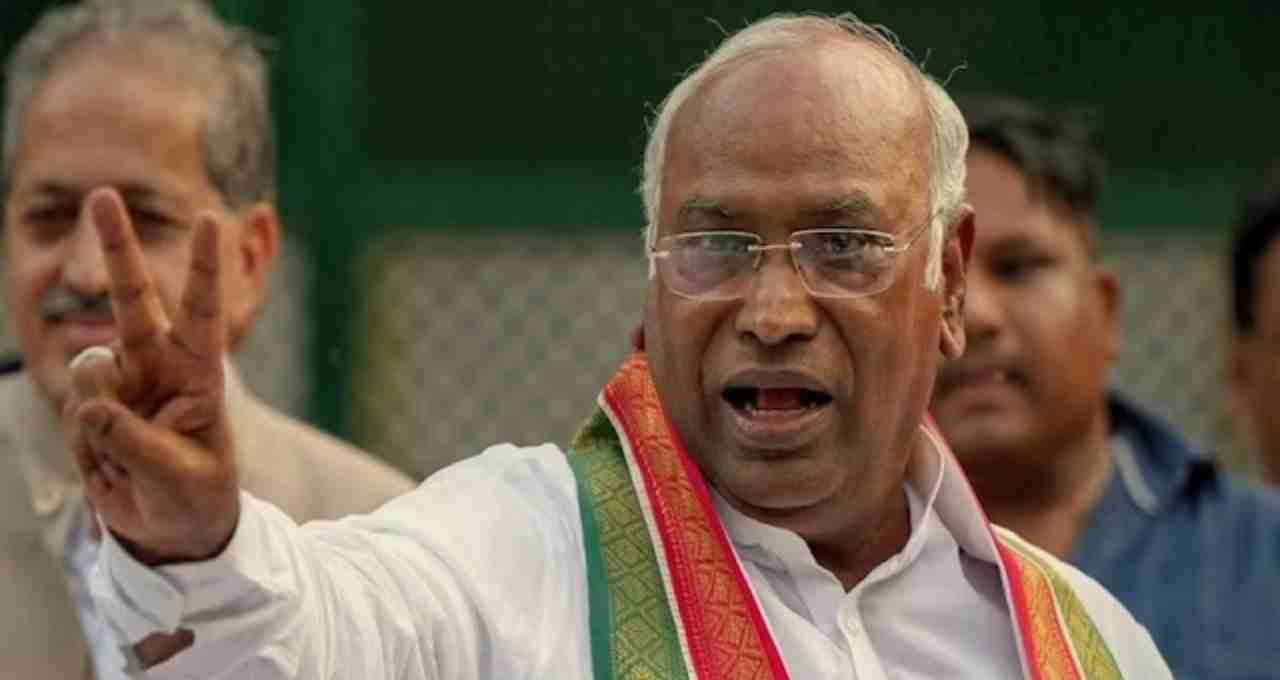
Don't Label Caste Census as Anti-National: Kharge
Kharge emphasized that dismissing the caste census as divisive would be a grave mistake. He stated, "This process is a way to secure the rights of backward, deprived, and marginalized people. It should not be considered anti-national or disruptive in any way." He further wrote, "Our country has stood united in every crisis. Even after the recent terrorist attack in Pahalgam, Jammu & Kashmir, we demonstrated unity. Similarly, the entire nation should move together towards caste justice."
In conclusion, Kharge urged the Prime Minister to engage with all political parties on the caste census to build consensus. He wrote, "This is the time for concrete initiatives for social justice, not just limited to announcements." Thus, Mallikarjun Kharge presented the caste census not merely as an election issue, but as a crucial step towards social equality and upholding constitutional values.
